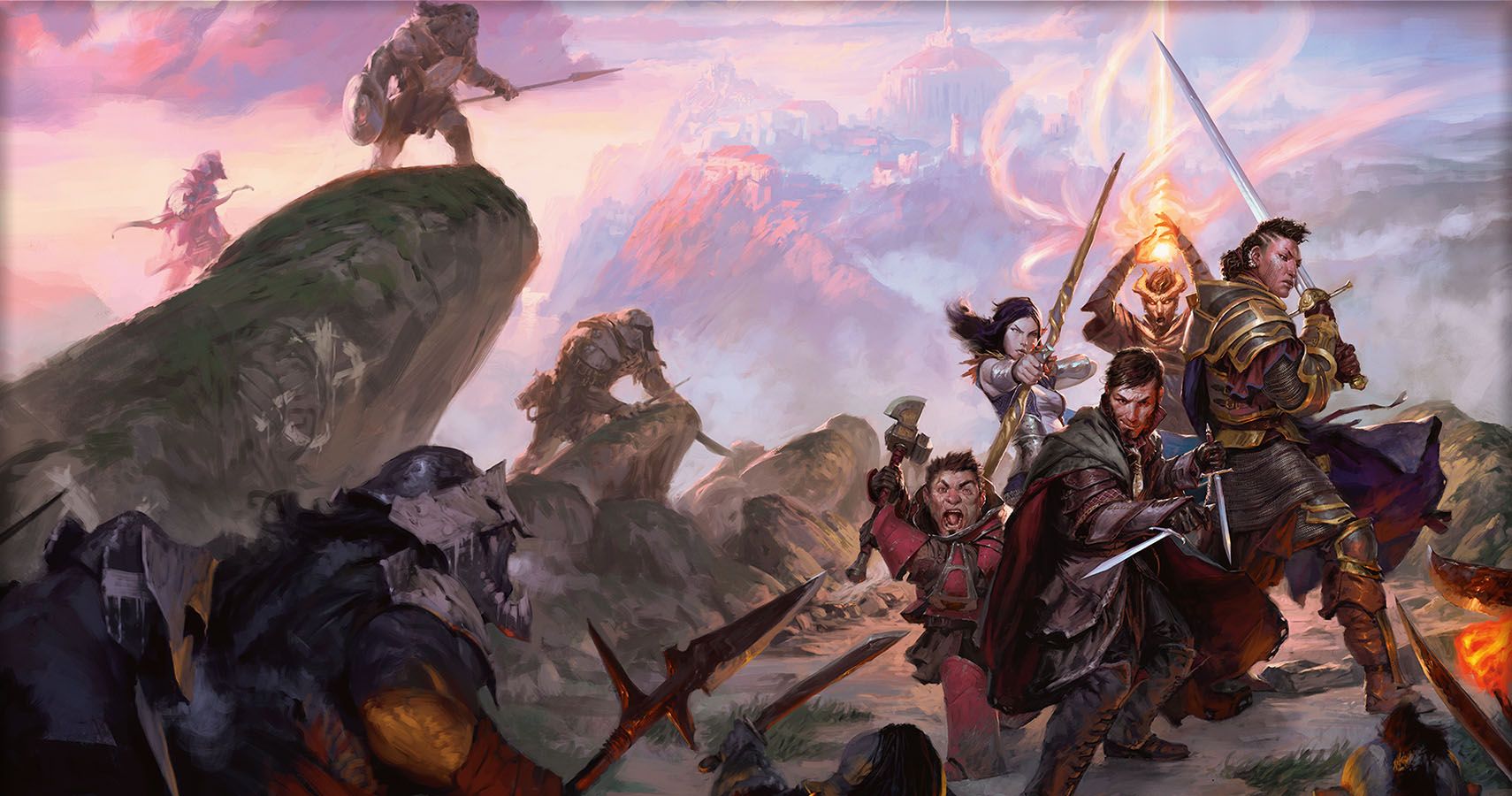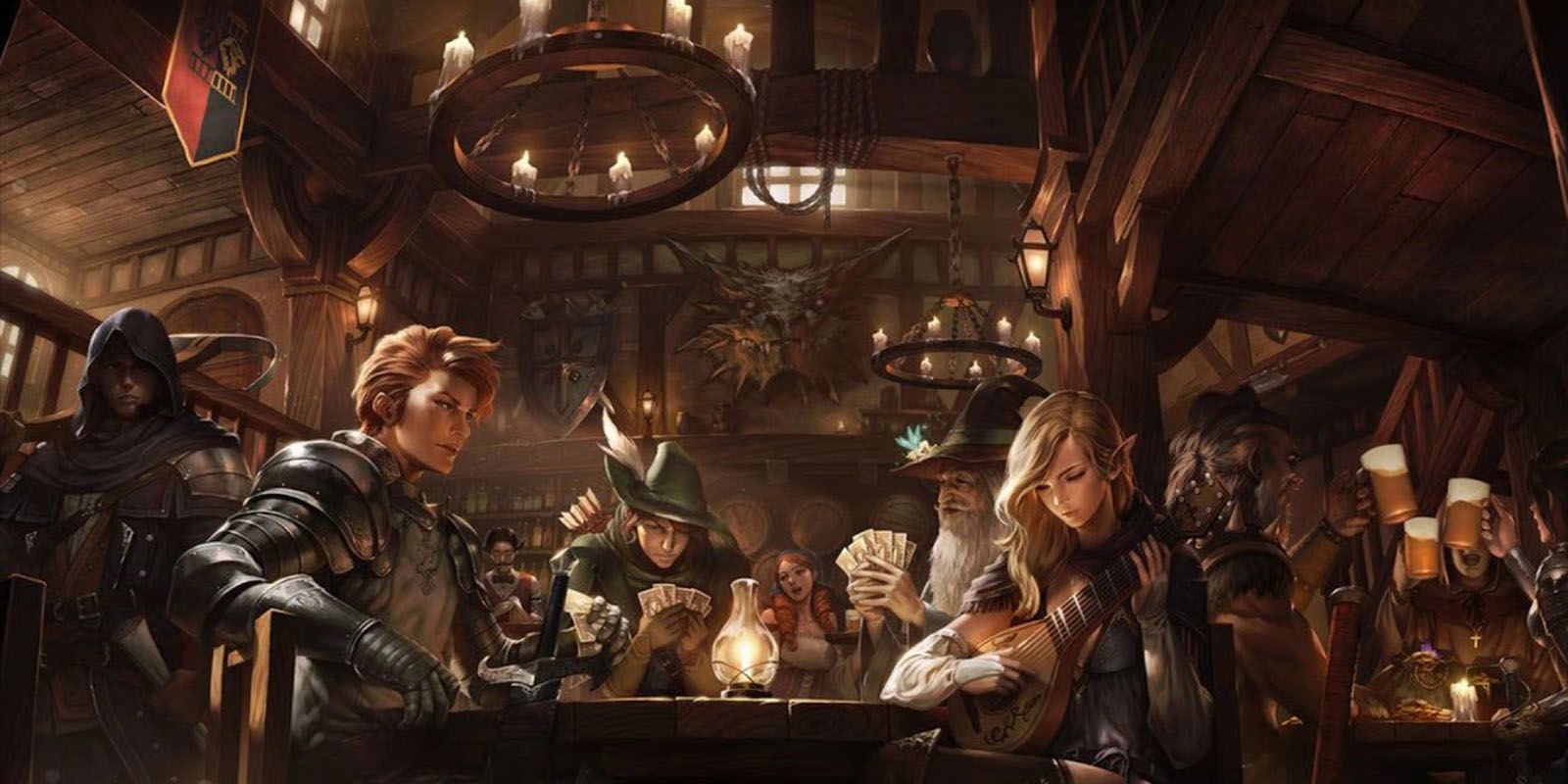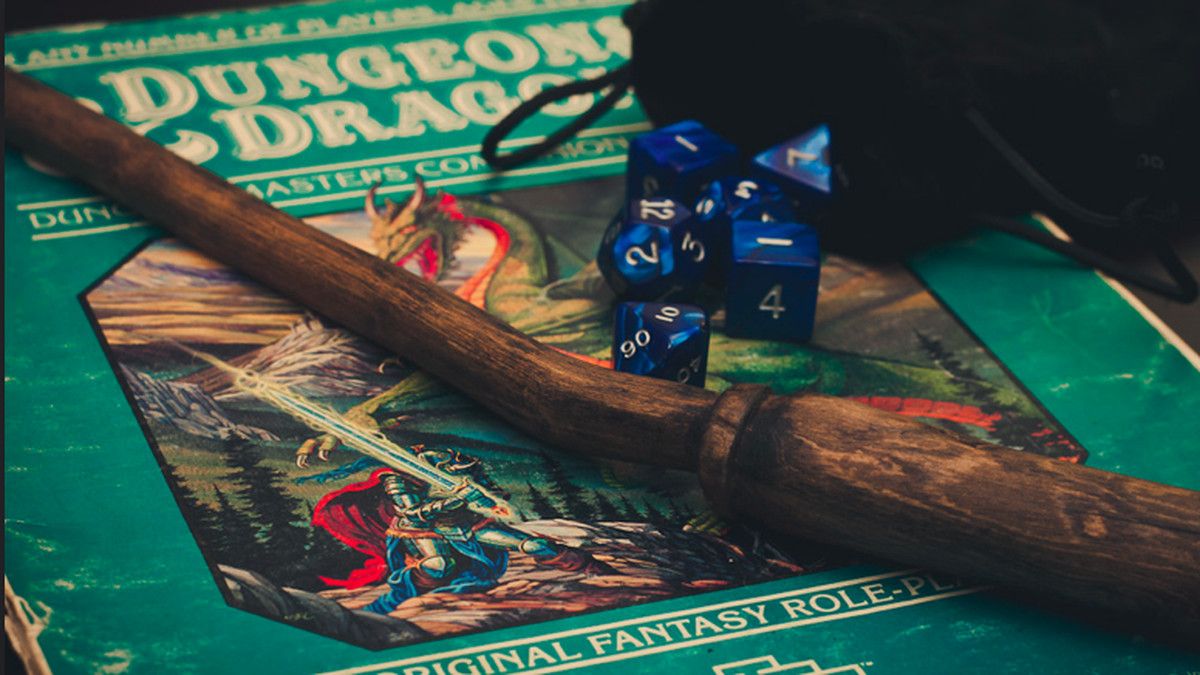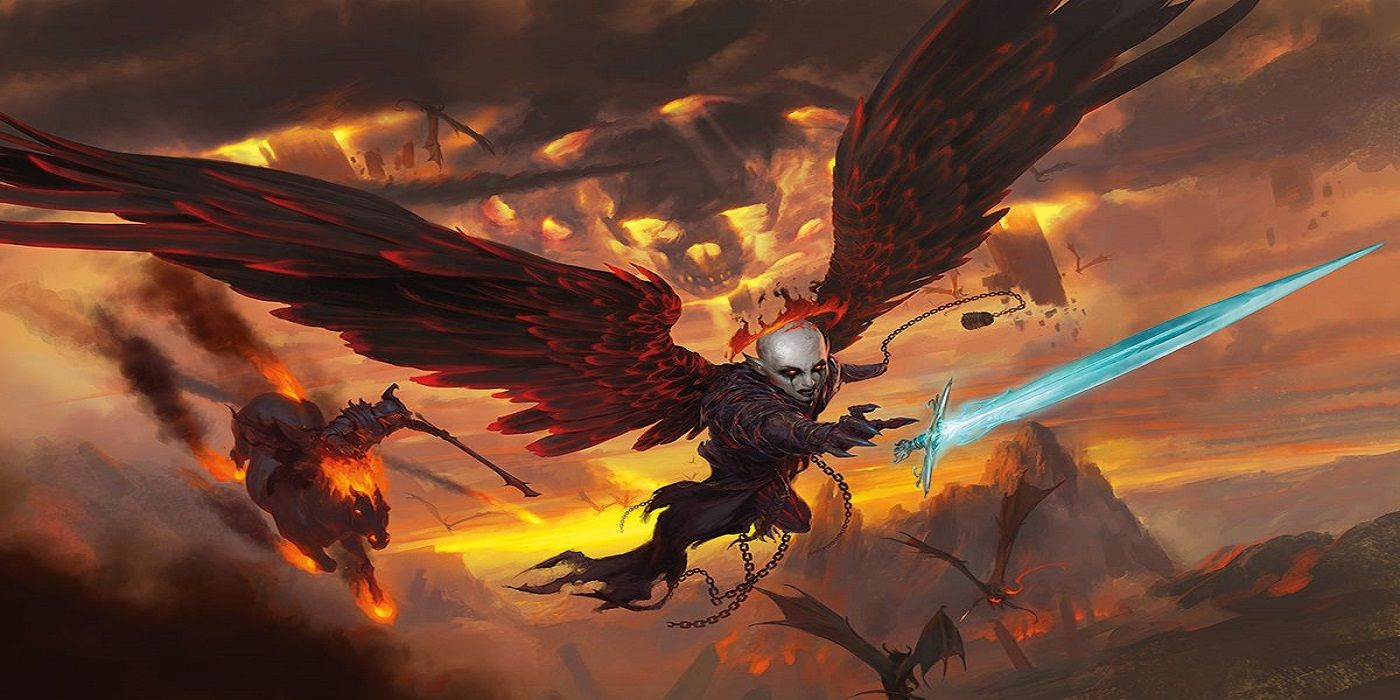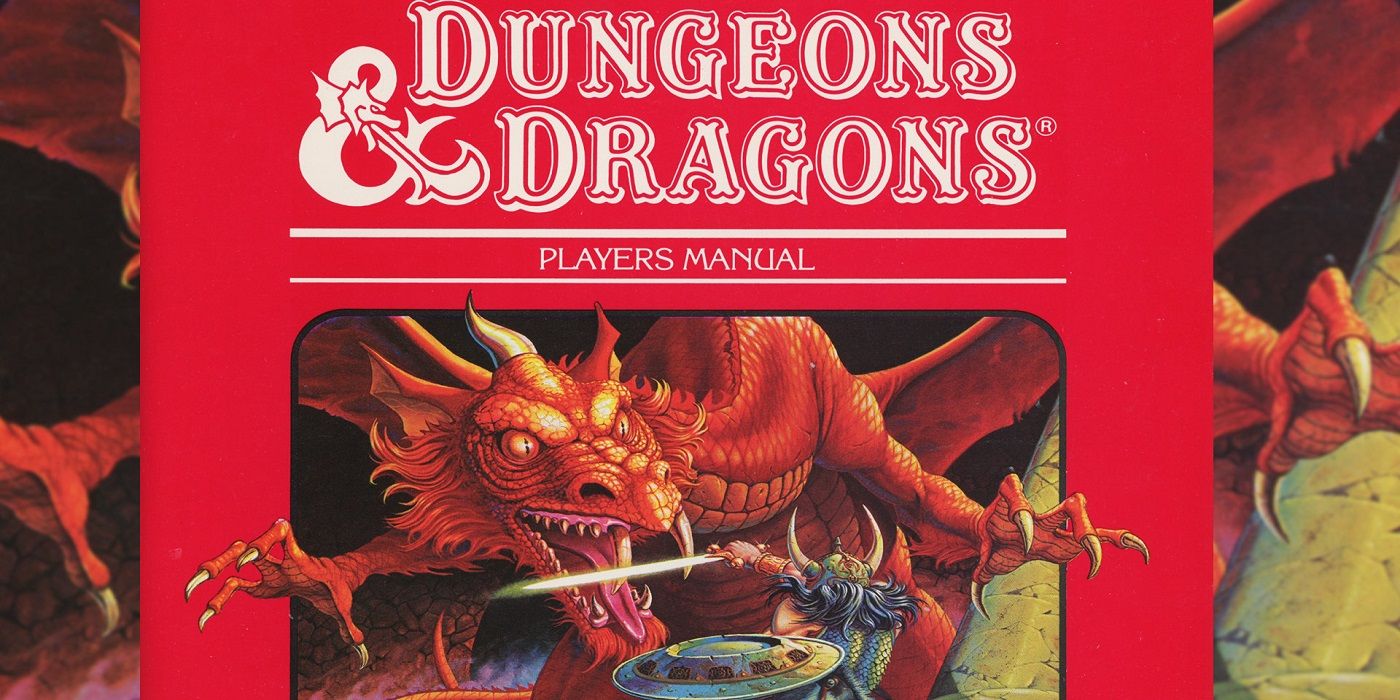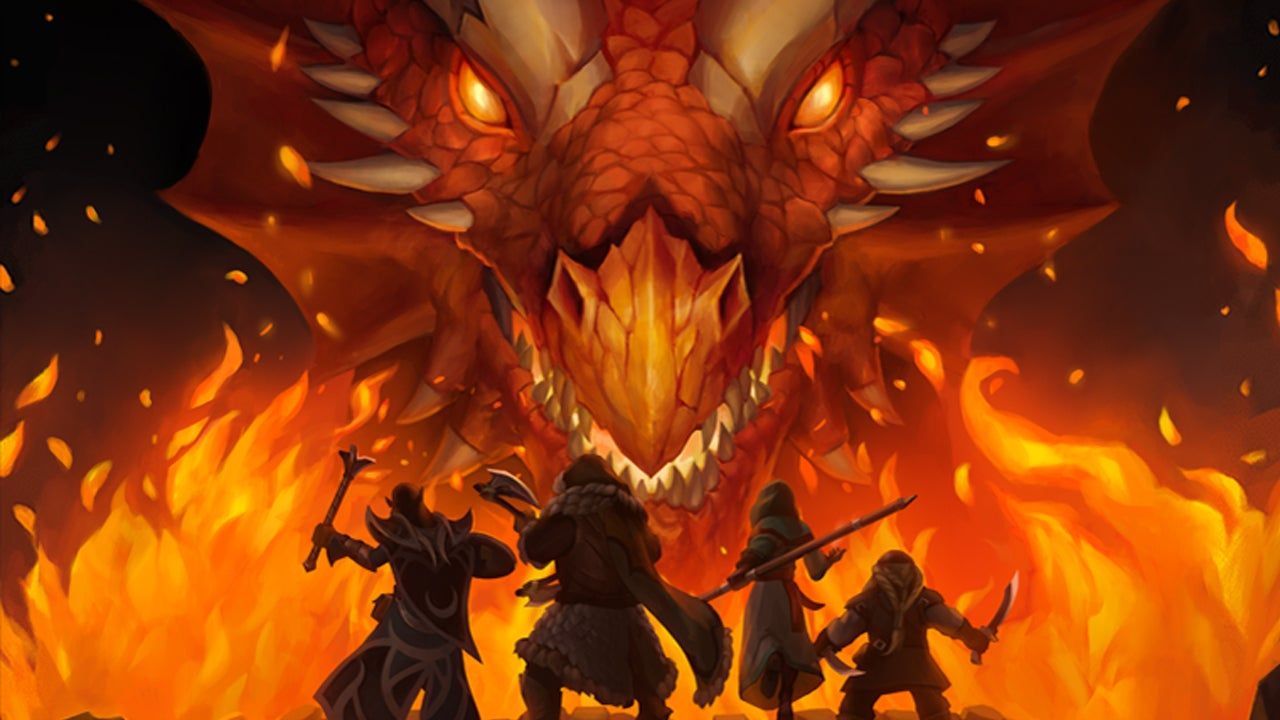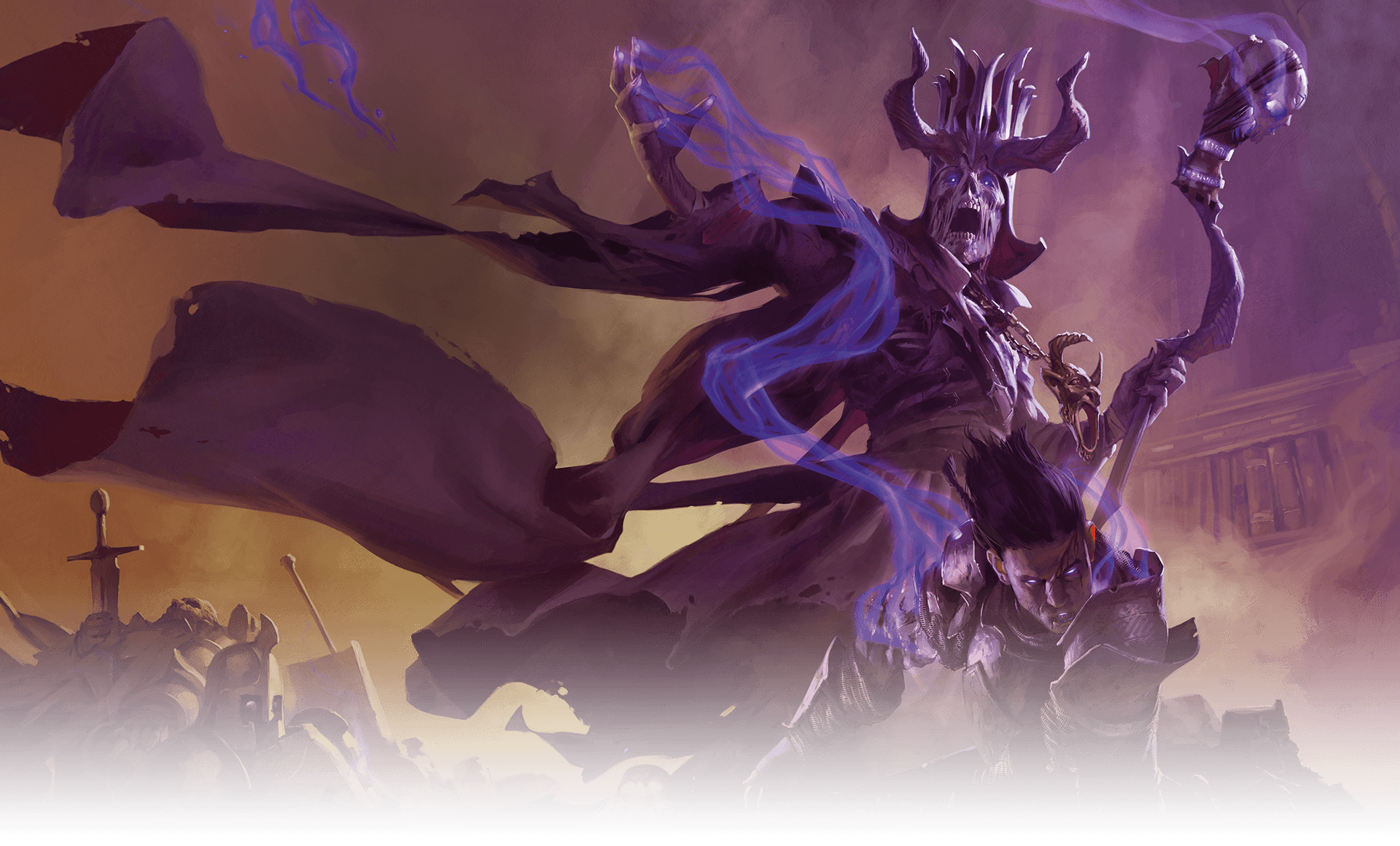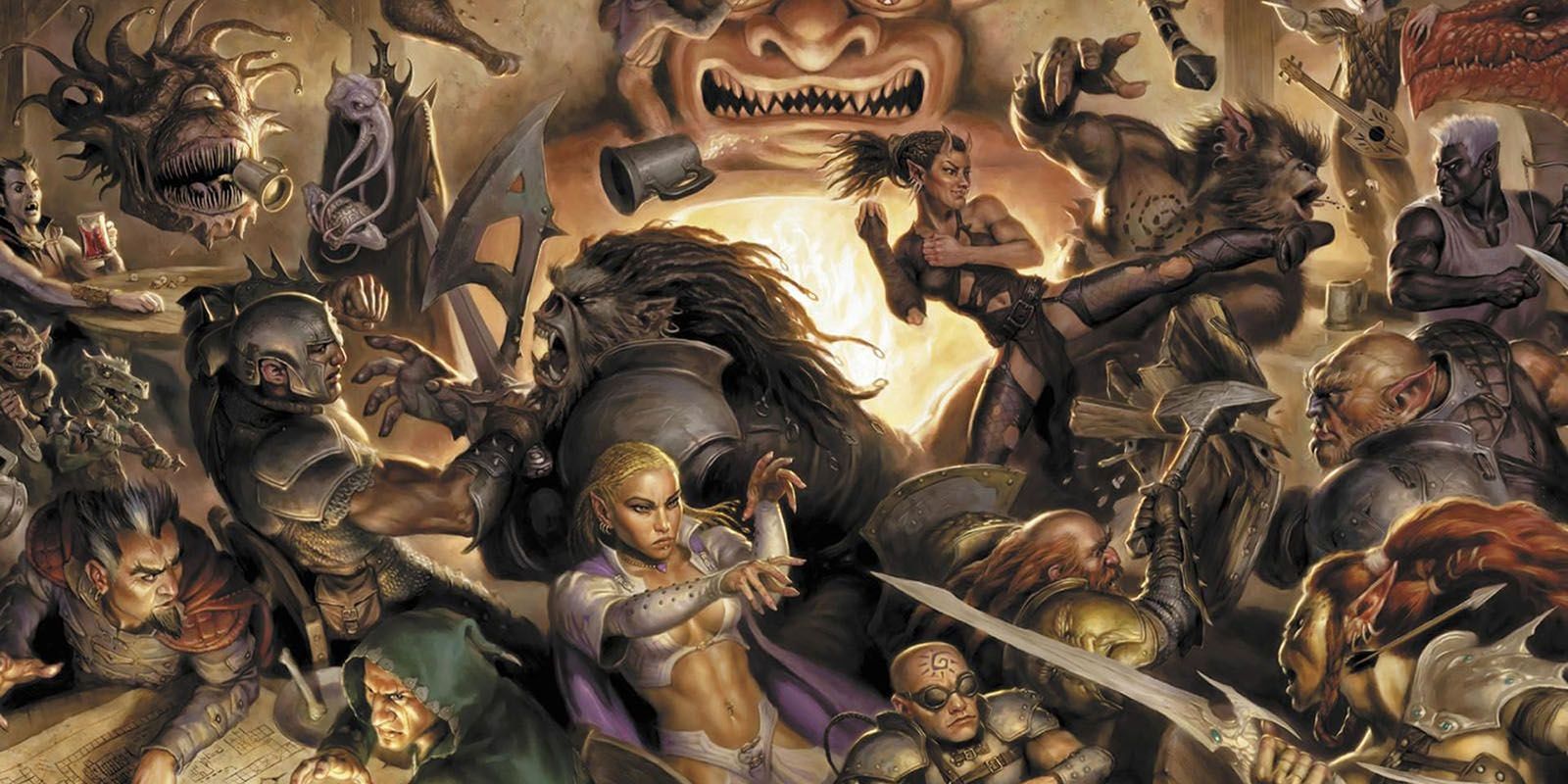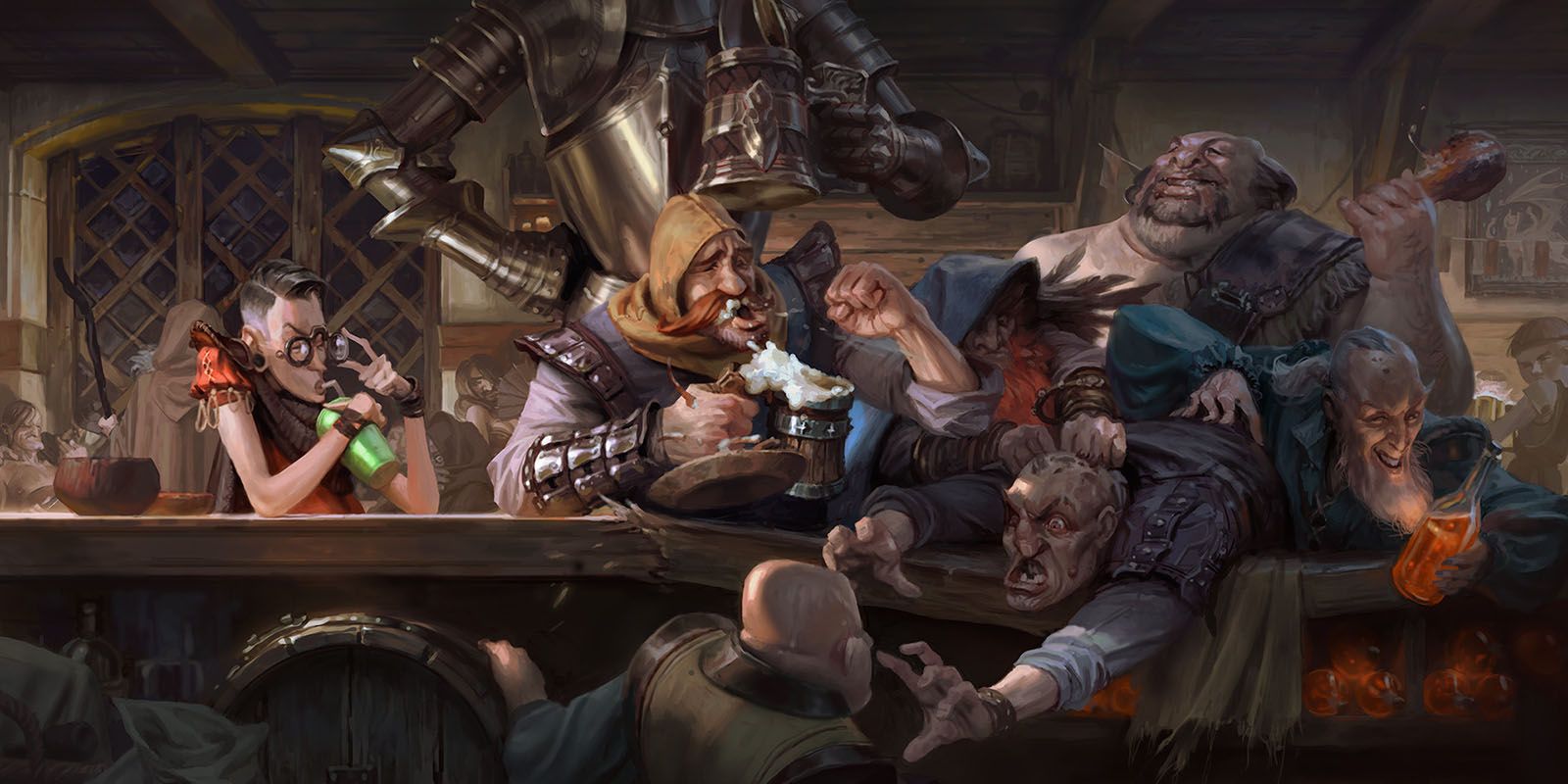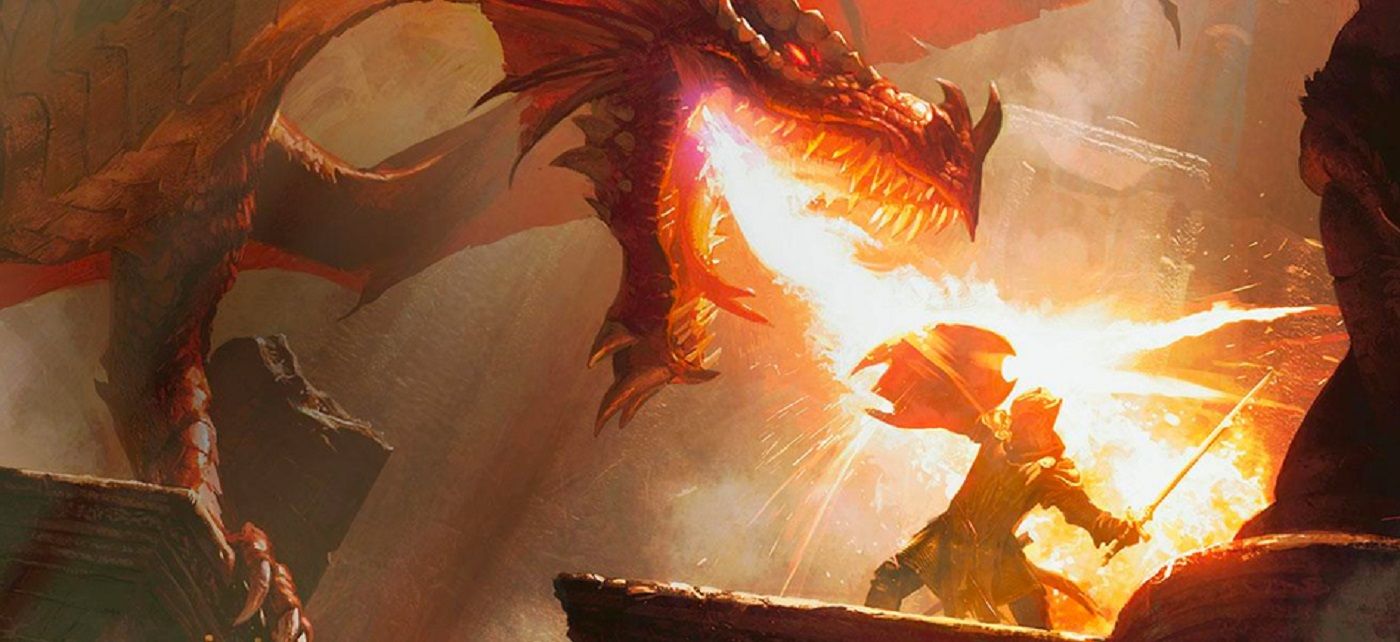Though some players will naturally gravitate towards the larger and more destructive classes available in the game, many players prefer some of the more elusive classes. The charisma driven, overconfident, and bedroom bound bard is a favourite in many circles. And though every party needs a tank that can take and deal out damage with true power, every party also needs someone who can help them out in non-battle based interactions and woo those who have tightly held secrets that need to be spilled.
Today we will be looking at the bard class from the Dungeons & Dragons tabletop world. How to play it, how to help your party, and how to be the best bard you can be. But we will also be looking at the things that players should avoid doing at all cost (unless they want to derail the game, hinder their party members, and risk losing their character entirely.)
10 10. DO: Remember Your Charisma
Ask any Dungeon Master what one thing bothers them like nothing else and they will tell you that the bane of their existence is when their party completely forgets about their stats, spells, and everything aside from brute force when things go south.
If you are playing a low level bard, you are going to want to focus on the unique ways that you, as a bard, can help your party. Focus on your charisma, help out during interrogations and tavern scenes, and avoid going into the midst of combat as much as possible.
9 9. AVOID: The Centre Of Battle
Simply put, as a bard, the middle of a battlefield is not the place for you. Though players want to do their part during a fight and help their party, the best thing that a bard can do is stick to the sidelines and focus on their strengths (and avoid getting hit by enemies.)
The best thing you can do as a bard is cast spells from a distance and inspire your party members with a jaunty performance on your chosen instrument. After all, bards are known for their songs. Focus on your unique skills and make them an asset to your party.
8 8. DO: Prioritize Support Buffs
This is another thing that many players (especially those who are new to the game) tend to neglect. It is okay to forget such things when starting out. We were all beginners once. But any DM who has their players best interests in mind will tell them to do the best they can to prioritize support buffs.
Do not neglect this for doing so can be the difference between a sweeping win and a crushing defeat. Party members don't let their allies go unsupported.
7 7. AVOID: Offending NPCs
Bards are known for being the loud mouths of the party. And while some bards tend to have the charisma to smooth things over, not all bards (especially beginners) have mastered the ability of conflict de-escalation. Avoid offending NPCs for you can never know which seemingly unimportant character is a monster in disguise.
However, the best thing that you can do, as a bard, is keep your party in check. If you see that another member of your party is getting a bit too big for their britches and is starting to get on an NPC's last nerve, step in, distract them, and charm your way out of that fight.
6 6. DO: Use Performance Abilities
The number one mistake that beginners make (aside from splitting the party) is forgetting that their bard has performance abilities. Do not forget that you have the ability to perform songs that can grant your party members with different abilities.
Play a little dity, inspire your team, and give them the motivation they need to crush their enemies.
5 5. AVOID: Making Another Party Member Redundant
When making your character and choosing your spells, it is important to communicate with your party in order to figure out what they need and what they have already got covered.
If a certain type of spell is going to be covered by another player (either by nature of their class or the spells which they have chosen for themselves,) try to focus on something else in order to avoid accidentally making either yourself or the other player redundant.
4 4. DO: Lean Into Your College
Once you have gained experience as a bard, survived a few battles, and have been lucky enough to level up a few times, you will be able to choose a college. It is important that you don't forget about this college after choosing it.
Consider it during gameplay, ask yourself how it will affect your character and their actions, and be sure to include it in your gameplay.
3 3. AVOID: Relying On Melee Attacks
Though it is important to have a certain amount of weapons in order to protect oneself in a conflict, as a bard, your first instinct should not be to engage in melee-based combat. Simply put, bards tend to be much more vulnerable that other classes in terms of physical damage and their strength lie outside the physical world.
Leave the melee attacks to the tank characters who can take a punch without flinching.
2 2. DO: Round Out Spells
Some of those players who are new to the world of Dungeons & Dragons may not know this but bards have the ability to access other classes spell lists.
Avoid picking spells entirely from one category. Create a diverse collection of spells that allows you to help out in a multitude of different situations.
1 1. AVOID: Trying To Seduce Everything
Many players choose to play a bard in order to take advantage of the famously promiscuous nature of this class. But be warned. Some pursuits are simply not worth it. Many characters have been lost to players uniquely pursuing those who were not charmed by their attempts at seduction.
Avoid seducing monsters (unless doing so is the only option left,) Gods, eldritch creatures, or bartenders of the local tavern. Avoid seducing other party members as well as NPCs who are relevant to the plot. Such things may work out in your favor but this positive outcome is truly rare.

